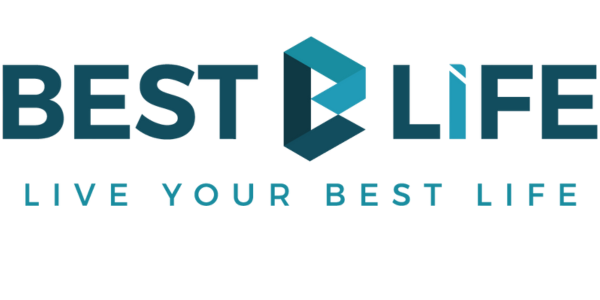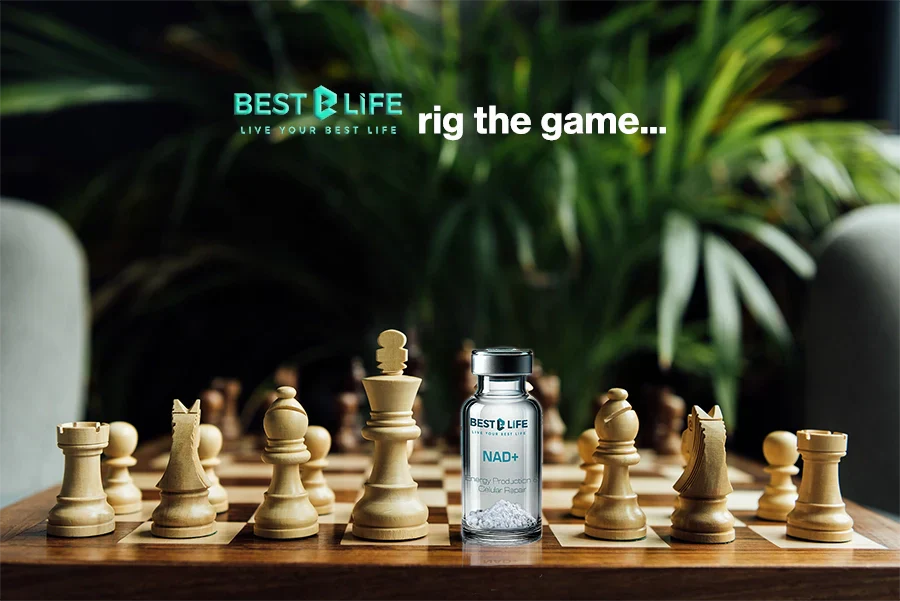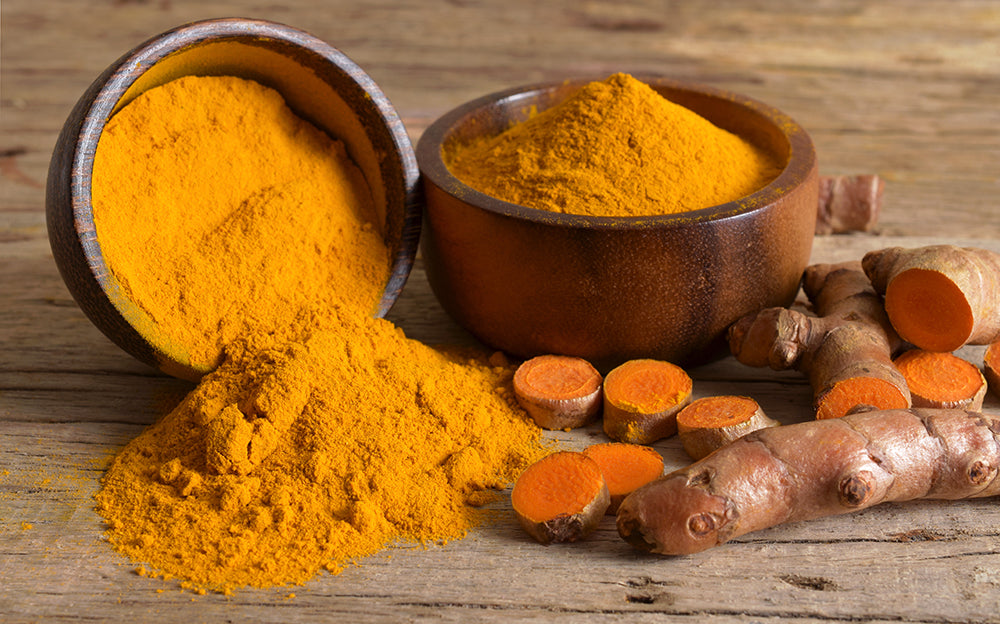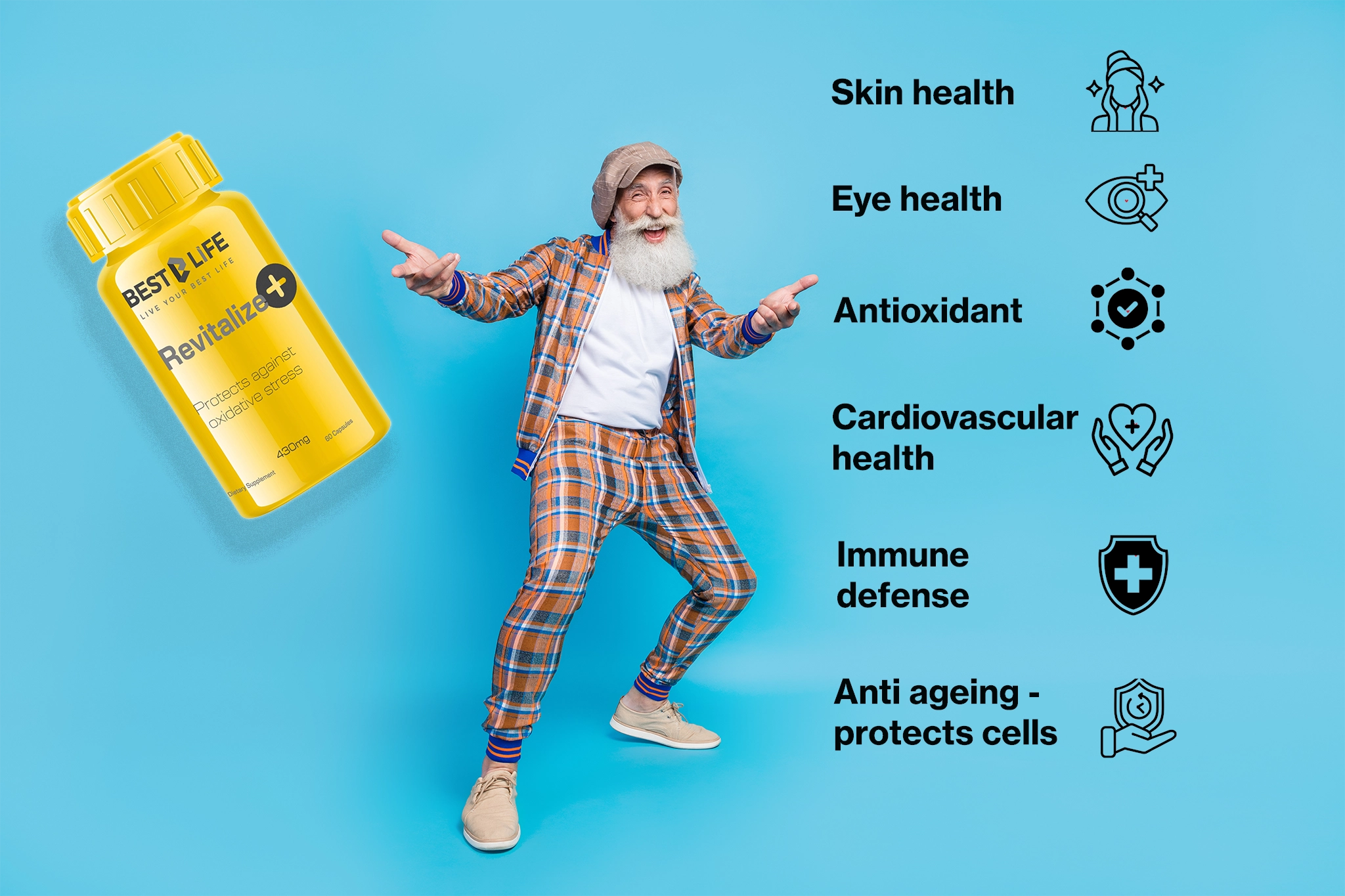Introduction
For the past year, I’ve been using NAD+ SubQ injections—primarily for convenience. With a packed schedule that includes two jobs, running, weightlifting, and motorcycle riding, time is a luxury I don’t have. Sitting around for IV infusions just wasn’t practical, so SubQ injections became the obvious choice. Starting with small doses, I’ve experienced sustained energy and vitality without disrupting my routine.
At BestLife, we source our NAD+ from a trusted supplier that meets the highest pharmaceutical-grade standards. This level of quality and safety is non-negotiable when choosing a supplement provider. If you’re considering NAD+ supplementation, knowing your product is safe and effective is absolutely essential.
Why NAD+ Matters for Aging Wellness
NAD+ (Nicotinamide Adenine Dinucleotide) is a coenzyme found in every cell of your body. It plays a starring role in energy production, DNA repair, and cellular regeneration. But here’s the catch: as we age, our NAD+ levels naturally decline. This drop contributes to fatigue, slower metabolism, and an increased risk of chronic diseases.
The good news? Supplementing with bioavailable NAD+ can help:
-
Rejuvenate energy levels
-
Enhance cognitive performance
-
Improve overall health and vitality
For those of us over 40, maintaining optimal NAD+ levels is key to staying active, sharp, and vibrant.
The Rise of Subcutaneous Injections: Why They’re Gaining Popularity
Convenience and Accessibility
Let’s face it—IV infusions can be a hassle. They often require clinic visits and can take hours. SubQ injections, on the other hand, can be self-administered at home in minutes. This makes them a game-changer for busy individuals who want to prioritize their health without disrupting their schedules.
Cost-Effectiveness
IV infusions can cost anywhere from 1,000 per session. SubQ injections, however, are significantly more affordable. Plus, you can microdose regularly, optimizing results without breaking the bank.
Comparable Efficacy
SubQ NAD+ injections provide a steady, sustained release of NAD+, offering similar benefits to IV infusions without the peaks and troughs. Users report improved energy, faster recovery, and sharper mental clarity.
Less Invasive
SubQ injections use a small insulin needle, making them far less intimidating than IV infusions. They’re administered into fatty tissue, such as the abdomen or thigh, for minimal discomfort.
Who Benefits Most from NAD+ SubQ Injections?
NAD+ SubQ injections are ideal for:
-
Busy professionals who need sustained energy to power through their day
-
Fitness enthusiasts looking for better recovery and enhanced endurance
-
Individuals over 40 aiming to maintain muscle recovery, skin health, and cognitive function
-
Anyone wanting natural supplements to combat aging and enhance cellular resilience
How Are SubQ Injections Administered?
SubQ injections are simple to administer at home:
-
Use a fine insulin needle to inject into fatty tissue (e.g., abdomen or thigh).
-
Follow a daily or biweekly protocol, with doses ranging from 20 to 100 mg.
-
Adjust dosage based on your health goals and professional guidance.
Are SubQ Injections Safe?
SubQ NAD+ injections are generally safe when administered correctly. The most common side effect is mild soreness at the injection site. However, as with any supplement, it’s important to consult a healthcare provider before starting any new therapy.
What Results Can You Expect from SubQ Injections?
Short-Term Benefits:
-
Increased energy
-
Improved mental clarity
-
Reduced fatigue
Long-Term Benefits:
-
Enhanced metabolism
-
Better muscle recovery
-
Improved skin elasticity
-
Greater cellular resilience
Scientific Studies Supporting NAD+ Therapy
NAD+ has been extensively studied for its role in cellular health, energy production, and aging. Below, we’ve compiled 10 scientific studies from reputable sources that highlight the benefits of NAD+ supplementation and its administration methods, including subcutaneous injections.
1. NAD+ and Aging: A Review
Study: "NAD+ in Aging: Molecular Mechanisms and Translational Implications"
Source: Cell Metabolism
Summary: This review explores how declining NAD+ levels contribute to aging and age-related diseases. It highlights the potential of NAD+ supplementation to restore cellular function and improve longevity.
Link: Cell Metabolism
2. NAD+ and Mitochondrial Function
Study: "NAD+ Repletion Improves Mitochondrial and Stem Cell Function"
Source: Science
Summary: This study demonstrates that boosting NAD+ levels enhances mitochondrial function and promotes the regeneration of stem cells, which are crucial for tissue repair and anti-aging.
Link: Science
3. Subcutaneous NAD+ Administration
Study: "Pharmacokinetics of Subcutaneous NAD+ Administration"
Source: Journal of Clinical Pharmacology
Summary: This study examines the bioavailability and efficacy of subcutaneous NAD+ injections, showing that they provide a steady release of NAD+ into the bloodstream.
Link: Journal of Clinical Pharmacology
4. NAD+ and Cognitive Health
Study: "NAD+ Supplementation Improves Cognitive Function in Aging Mice"
Source: Nature Communications
Summary: Researchers found that NAD+ supplementation improved memory and cognitive function in aging mice, suggesting potential benefits for humans.
Link: Nature Communications
5. NAD+ and Muscle Recovery
Study: "NAD+ Boosts Muscle Regeneration and Reduces Inflammation"
Source: Cell Reports
Summary: This study shows that NAD+ supplementation enhances muscle repair and reduces inflammation, making it beneficial for athletes and aging individuals.
Link: Cell Reports
6. NAD+ and Skin Health
Study: "NAD+ Promotes Skin Elasticity and Reduces Wrinkles"
Source: Journal of Investigative Dermatology
Summary: This research highlights how NAD+ supplementation improves skin elasticity and reduces the appearance of wrinkles by enhancing cellular repair mechanisms.
Link: Journal of Investigative Dermatology
7. NAD+ and Metabolic Health
Study: "NAD+ Supplementation Improves Insulin Sensitivity"
Source: Diabetes
Summary: This study demonstrates that NAD+ supplementation improves insulin sensitivity and metabolic health, reducing the risk of age-related metabolic disorders.
Link: Diabetes
8. NAD+ and Cardiovascular Health
Study: "NAD+ Protects Against Age-Related Cardiovascular Decline"
Source: Circulation Research
Summary: Researchers found that NAD+ supplementation protects against age-related cardiovascular decline by improving blood vessel function and reducing oxidative stress.
Link: Circulation Research
9. NAD+ and DNA Repair
Study: "NAD+ Enhances DNA Repair Mechanisms"
Source: Science Advances
Summary: This study shows that NAD+ supplementation enhances DNA repair mechanisms, reducing the risk of age-related diseases caused by DNA damage.
Link: Science Advances
10. NAD+ and Longevity
Study: "NAD+ Supplementation Extends Lifespan in Animal Models"
Source: Nature
Summary: This study demonstrates that NAD+ supplementation extends lifespan in animal models by improving cellular health and reducing age-related decline.
Link: Nature
Conclusion
These studies provide strong scientific evidence supporting the benefits of NAD+ supplementation for cellular health, cognitive function, muscle recovery, and overall longevity. Subcutaneous NAD+ injections offer a convenient and effective way to boost NAD+ levels, making them an excellent choice for those over 40 looking to optimize their health.
Call-to-Action (CTA)
Ready to take control of your health? Explore BestLifeNZ’s NAD+ SubQ supplements today and start your journey to improved vitality and energy levels. Our bioavailable supplements are designed to help you maintain health and resilience as you age.




Leave a comment
All comments are moderated before being published.
This site is protected by hCaptcha and the hCaptcha Privacy Policy and Terms of Service apply.